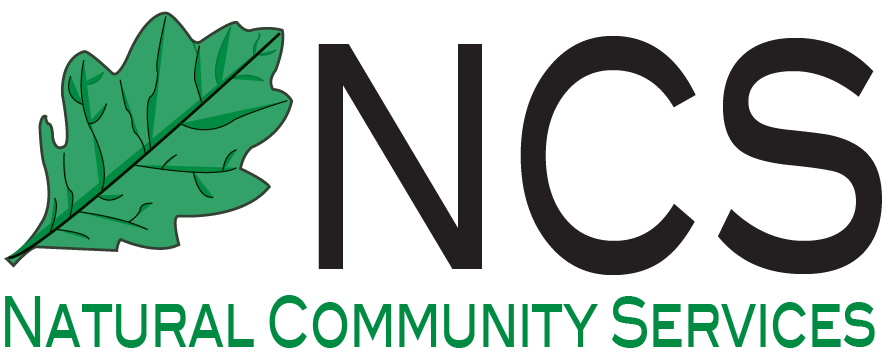If you want to make #earthday as fruitful as possible - the best thing you can do is rip out exotics (lawn, vinca etc.) and plant native wildlflowers for wildlife!
Habitat loss and degradation is the leading cause of species decline in the U.S. Given that so much of the American landscape is covered with lawn (40 million acres to be exact), we see this as an untapped resource of open space to re-create that lost habitat. We want to replace the 40 million acres of lawn with 40 million acres of habitat gardens.
The habitat garden is not the conventional garden of constant upkeep, such as fertilizing, pruning, and re-mulching, but a sustainable, less resource intensive garden that is more hands-off. It will require some weeding and watering, especially after it’s first planted, but the habitat garden is more self-sufficient, and is designed to mimic nature’s natural processes until it eventually takes off on its own.
And it’s an approach that might also free up a few more of your weekend hours. The idea is to think not only about beauty but how your landscaping can also benefit the environment. It’s a brand new way for people to
look at the role of their yards. And to help the climate, include more than flowers. Plant shrubs and trees that will absorb and store more carbon. But not just any pretty plants. Dr. Doug Tallamy urges people to use native
species that provide food and habitat for pollinators and other wildlife.
Tallamy wants to change this way of thinking. He says perfectly manicured grass does not benefit the climate or biodiversity. “What I suggest is we cut the area of lawn in half,” Tallamy says, “We have an area of lawn the size of New England in the U.S. right now. We’ve got to reduce that. So just look at your yard, and say, ‘I’m going to cut it in half and I’m going to cut it in half by putting native plants into my yard.'”
When we go native, we are respecting the land, and its history with the animals and plants that evolved to take care of us, and feed the system that feeds us, drain and clean our waters, and restore the soil and other natural resources that support our lives and all the wildlife we love.
Contact us to find out how we can help you reduce lawn in a beautiful restorative manner with a designed native butterfly, bird, or rain garden today! john@naturalcommunityservices.com
